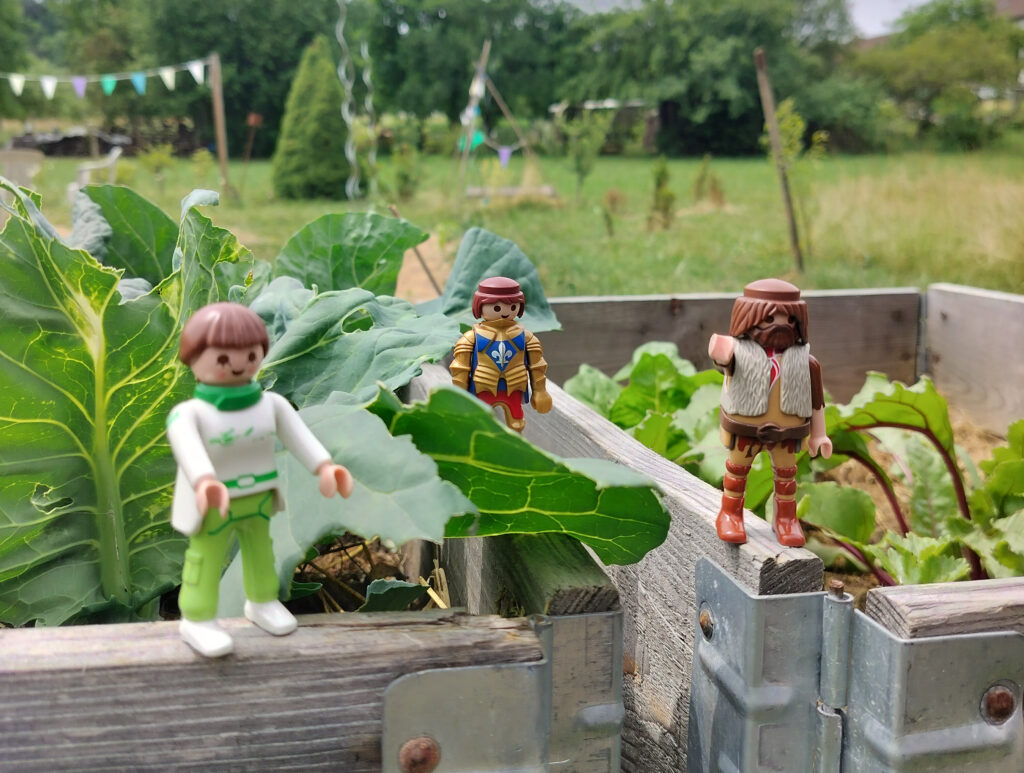Contents
Cross-Cutting Theme 2: Democratic Landscape Transformation

Group lead:
Anna Szilágyi-Nagy (KulturAktiv), Kristin Faurest (OLA Team), Arati Uttur (LE:NOTRE)
The team makes sure that forum participants integrate well into the accompanying learning activities of the Open Landscape Academy (workshop and multiplier events)
Our design challenge:
How might we involve the local community and activate a children’ s perspective by means of an inclusive and co-creative design process?
This working group focuses on how participatory approaches and co-design processes can transform landscapes in Vác to reflect the needs and aspirations of its diverse community, with a particular emphasis on children’s nature experience. Supported by the OLA ERASMUS project and the Vác Living Lab, this group will collaborate with incoming students, local actors and the landscape forum participants to develop democratic, inclusive, and nature-centered design ideas.
Local dynamics and opportunities:
- Vác as a Living Lab: Vác provides a unique context for real-world participatory experiments, blending its rich cultural and natural heritage with a dynamic and changing population. The Living Lab framework allows participants to address local challenges while creating replicable participatory methods.
- Children’s nature perspectives: Children’s views and experiences of nature often go unheard in traditional planning processes. This group aims to amplify their voices and integrate their ideas into co-designed interventions that enhance nature play, exploration, and learning.
- Collaborative design processes: Bringing together students, professionals, and the local community, the group will explore participatory tools that enable inclusive and meaningful engagement. These tools will foster creativity and ownership in the design of interventions.
Objectives:
- Community activation: Develop participatory methods that engage children, families, and other community members in shaping Vác’s landscapes, fostering a shared sense of ownership and responsibility.
- Enhance children’s nature experiences: Co-design interventions that prioritise nature-based play and learning opportunities for children, ensuring these align with their unique needs and perspectives.
- Strengthen capacity for democratic landscape transformation:: Build capacity within the community and among spatial design students to use participatory approaches effectively, promoting democratic and inclusive planning processes. This is also the mission of OLA; the Open Landscape Academy
- Create actionable designs: Collaboratively develop and evaluate tangible, small-scale landscape interventions that enhance Vác’s resilience and landscape democracy.
Activities and Focus Areas:
- Participatory workshops: Facilitate interactive sessions where children and adults can express their ideas for local green spaces through drawing, storytelling, and hands-on activities.
- Collaborative mapping: Use participatory mapping exercises to identify landscape opportunities and in Vác
- Co-designing interventions: Work together to create designs that reflect the input of the community, especially children.
- Testing and feedback: Implement and evaluate small-scale interventions, using iterative feedback to refine participatory methods and improve designs.
Expected outcomes:
This working group aims to showcase how participatory landscape design can strengthen community ties, elevate children’s voices, and create vibrant, inclusive spaces that connect people with nature. By focusing on democratic processes, the group will provide actionable outcomes for Vác while generating broader insights for future landscape democracy transformations. The group serves as a facilitator for the other 5 working groups.
